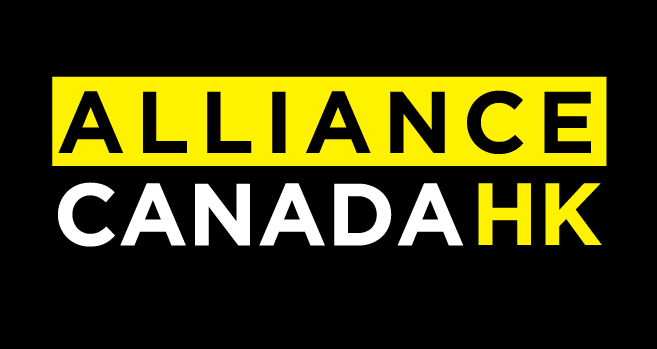En anglais
Originally published at Hill Times
Reckoning with the WHO’s handling of health crises
Throughout the pandemic, Director-General Tedros Adhanom Ghebreyesus has starred in Chinese propaganda videos for heaping lavish praise on Chinese authorities, despite the government’s alleged coverup of the outbreak and ham-fisted response.
On April 16, U.S. President Donald Trump announced that he would halt funding for the World Health Organization. Many believe that this is a ploy to distract from American struggles to contain the COVID-19 pandemic. But a sober look at the WHO reveals that the organization is rife with alleged corruption, abetted apparent Chinese propaganda and coverups, and deserves significant criticism.
The WHO’s financial improprieties go back years. In 2017, the Associated Press revealed that while investigating the Ebola outbreak in Guinea, then-director general Margaret Chan stayed in a US$1,000 a night presidential suite at a five-star beachside hotel. The report exposed that WHO spends almost half of its total budget on travel, including business class flights—in sharp contrast with Doctors Without Borders and the U.S. Centers for Disease Control. More recently, the WHO has faced a surge in internal corruption allegations, including schemes attempting to defraud the organization for large amounts of money. Meanwhile, the WHO body leading the coronavirus response was left chronically underfunded.
American concerns about the WHO include the organization’s deference to China, such as helping Beijing to disseminate propaganda, downplaying the extent of the outbreak, and excluding Taiwan. All of these claims are accurate.
Throughout the pandemic, Director-General Tedros Adhanom Ghebreyesus has starred in Chinese propaganda videos for heaping lavish praise on Chinese authorities, despite the government’s alleged coverup of the outbreak and ham-fisted response. Without irony, he praised the “transparency” of the Chinese leadership, and said that “China is setting a new standard for outbreak response”—a statement which is technically correct, given China’s “new standard” of arresting the doctors who spotted the initial outbreak.
Dr. Tedros’ cozy relationship with Beijing resulted in the WHO putting far too much faith in Chinese statistics. On Jan. 14, the WHO parrotted Beijing’s claim that there was no evidence of human-to-human transmission, even though Chinese doctors had been claiming this for weeks and Taiwanese authorities warned the WHO about such transmission in December. Notably, this is not the first time Dr. Tedros has been accused of a coverup: in 2017, when he was health minister for the brutally repressive Marxist Ethiopian government, Tedros was accused, by the adviser of a rival candidate for the WHO job, of covering up three different cholera outbreaks—accusations that he denied.
The WHO’s delay in declaring a public health emergency of international concern and advising against travel restrictions were widely criticized as too deferential to Beijing’s wishes. Many nations began cancelling flights and screening passengers anyway—in tacit admission of the WHO’s unreliability. Japan’s deputy prime minister, Taro Aso, went so far as to suggest that the organization be renamed to the Chinese Health Organization.
WHO adviser Lawrence Gostin admitted, “We were deceived. Myself and other public health experts, based on what the WHO and China were saying, reassured the public that this was not serious … we were giving a false sense of assurance.”
Taiwan, which has handled the pandemic with tremendous success, is completely shunned by the WHO, allegedly at China’s behest. Bruce Aylward, a Canadian who serves as senior adviser to Dr. Tedros, appeared to — some say pretend — to not hear a reporter’s question when she asked him about Taiwan. When the reporter repeated her question, Aylward appeared to hang up on her. True to form for avoiding tough questions, last week Aylward abruptly cancelled plans to appear in front of the House Health Committee to explain the WHO’s handling of the pandemic.
The Macdonald-Laurier Institute reported that “one of Taiwan’s keys to success was using its own intelligence on the outbreak in China rather than relying on Chinese propaganda or WHO pronouncements.” Indeed, Ottawa seems to be the only party standing that still accepts the Chinese figures at face value: Health Minister Patty Hajdu recently dismissed as “conspiracy theories” claims that the Chinese government’s figures are unreliable. When it comes to self-defeating deference to China, the WHO has company.
